Medical tourism is big business. Close to a million Americans travel abroad for their medical care every year, including plastic surgery procedures such as a breast augmentation, tummy tuck or buttock augmentation. The main reason is often financial; many of these procedures are less expensive in other countries than they are here in the states, sometimes up to 88% less.
But is medical tourism safe? And are the results comparable? Three board certified plastic surgeons, Dr. Dan Del Vecchio of Boston, Dr. Richard Zienowicz of Rhode Island and Dr. Richard Restifo of Connecticut, weigh in on medical tourism and whether it is a good idea.
Problems with Medical Tourism Over-hyped
More and more Americans are traveling abroad for their plastic surgery. Maybe they are swayed by the idea of white sandy beaches and a warm climate in which to recuperate from their cosmetic procedure or, as is more likely the case, they just want to save money. Regardless of the reason, medical tourism is on the rise, despite the fact that there are a growing number of stories depicting the horrors that can occur from traveling abroad for your plastic surgery.
Horrors have occurred, such as the rapid-growing micro bacteria (RGM) infection that affected 21 people in six different states who all went to the Dominican Republic for their cosmetic procedures. RGM is resistant to antibiotics so many of these patients had to be hospitalized and/or undergo further surgery to treat the infection.
Does this mean that patients should be scared to go abroad for, say, their breast implants? Dr. Del Vecchio thinks that, “this is overhyped. I think that people go to South America and have great results and I think people go to North America and New York City and die on the table.”
Who knows, maybe in Brazil, surgeons are warning their patients not to go to Miami. The fact of the matter is, “there are good plastic surgeons and bad plastic surgeons everywhere in the world,” so this stigma that is attached to foreign surgeons, particularly those in South America, is unjust.
Dr. Zienowicz agrees. Like his colleagues, he does a lot of travel internationally and he would never want to offend his fellow plastic surgeons in other countries by making a sweeping statement against medical tourism especially since, “there are excellent surgeons all over the world, but you can find a bad one in just about any region of the globe.”
There are Inherent Risks in Traveling & Plastic Surgery
Despite the fact that there are excellent surgeons in every corner of the world, there are some inherent risks when it comes to traveling abroad for your plastic surgery procedure. These can include:
- Language barrier: If you aren’t fluent in the language of the country where you are getting your care, you may experience communication issues that can lead to a misunderstanding that might impact the quality of your procedure and/or recovery.
- Medications: In some countries, medications, including pain medications, may not be up to the same quality standards as in the United States. Sometimes they may even be counterfeit. This could not only affect the comfort of your recovery, but it could also seriously affect your health.
- Resistant Bacteria: Bacteria that are resistant to antibiotics may be more prevalent in other countries than here in the United States.
- Blood Clots: Getting on a plane too soon after surgery can greatly increase your risk of developing a life-threatening blood clot.
As with anything, you will need to weigh the inherent risks against the rewards. However, if cost is your main motivation, it is important to consider the hidden costs of having a procedure abroad. These include your plane fare, hotel, post-op nursing care, as well as the cost of a local plastic surgeon to handle the potential post op issues that occur with every patient, and routine follow up care that’s necessary to ensure that you have the best possible aesthetic result from your surgery.
Do Your Research
Dr. Restifo agrees with his colleagues that, “the worry is not the surgeon.” There are good surgeons everywhere. For him, the thing that you need to worry about is the anesthesia. “The environment in which the anesthesia takes place will not have the same monitoring, in many cases, as a patient will have in the states,” he explains.
As with plastic surgery in the US – but even more so when abroad – it is really important to do your homework. Research the surgeon. Research the facility. Research the anesthesiologist that is going to be putting you under. Don’t just take your friend’s word for it and don’t just jump at the lowest price. Bottom line, if something goes wrong – which can happen under even the best of circumstances – you could wind up spending considerably more money than it would have cost you to have the procedure done in your hometown.
Patients should be smart and look at all of the variables. Don’t only be enticed by the price.


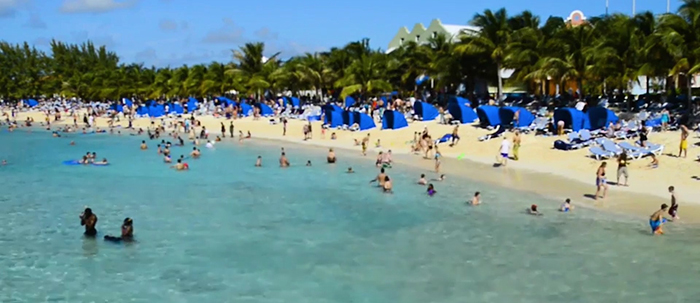
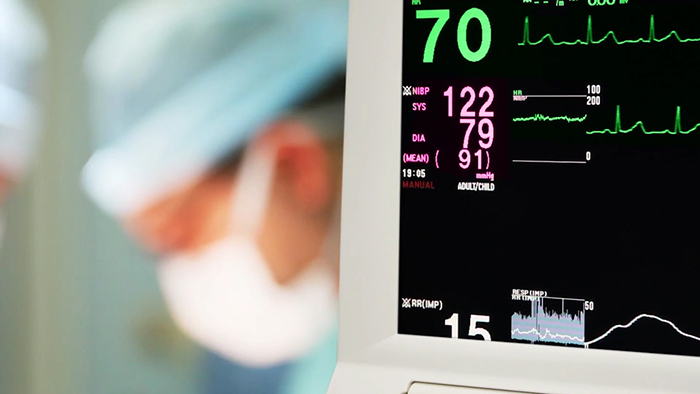

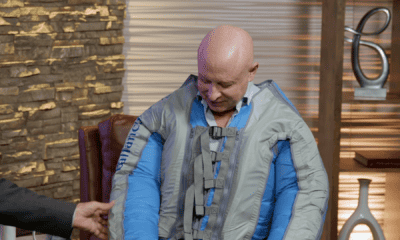
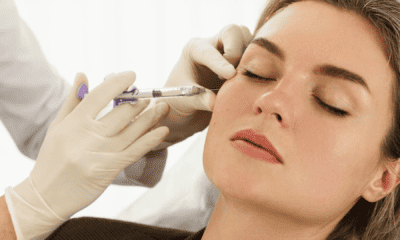
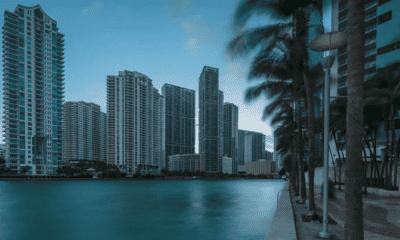

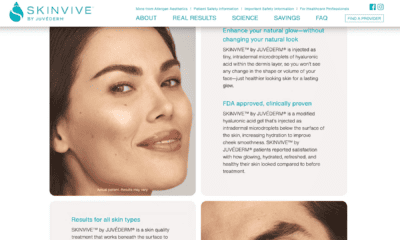


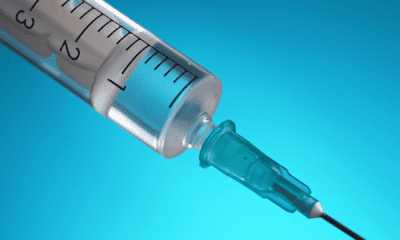





Facebook
Twitter
Instagram
YouTube
RSS